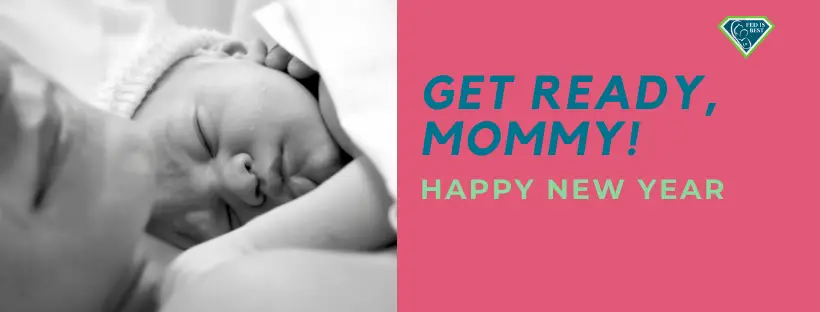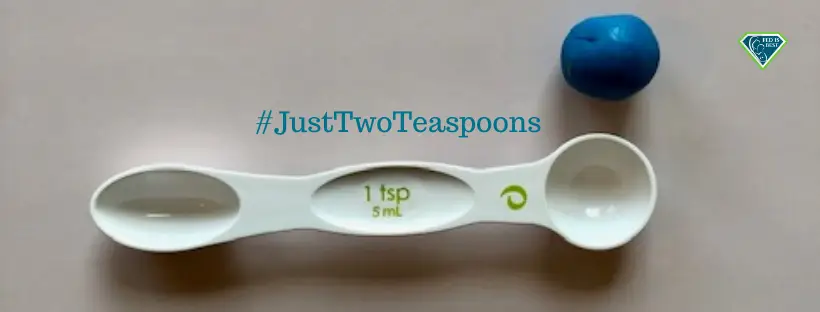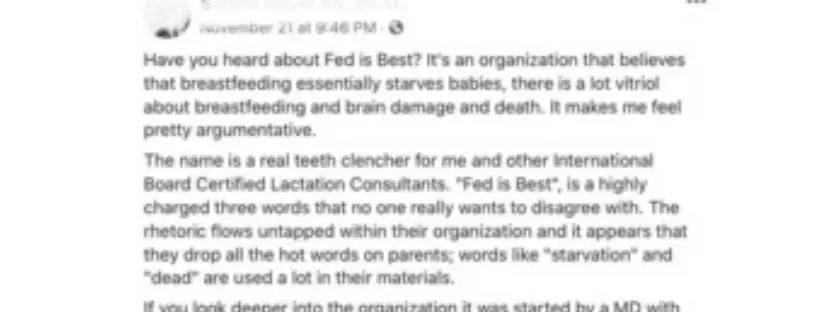“Are you breastfeeding or formula feeding?” I cringed as I overheard a complete stranger asking my husband this question while we were shopping for baby clothes. “Formula,” my husband replied. “I can’t believe she asked you that!” I exclaimed as she walked away. “How is that any of her business?” He shrugged and replied, “maybe she’s pregnant and is trying to figure out if she should breastfeed.” “It’s still none of her business,” I said. “If she had asked me, I would have said we’re breastfeeding.”
Yes, that’s right, I would have lied to a random woman because I was afraid she would judge me. Despite my anger at this stranger, however, I wasn’t necessarily worried about what she thought of me; it was about what I thought of me. I felt guilty about formula feeding.




